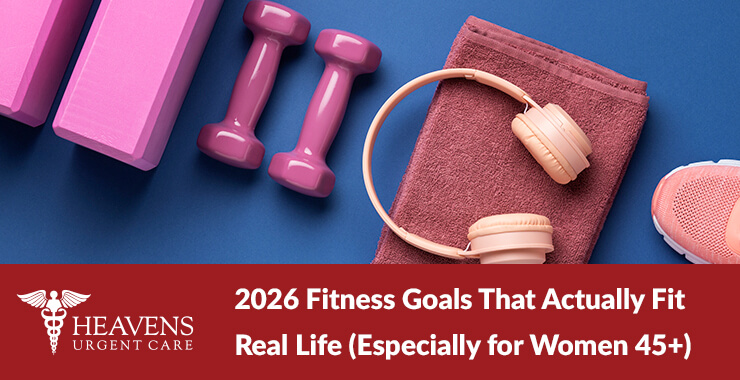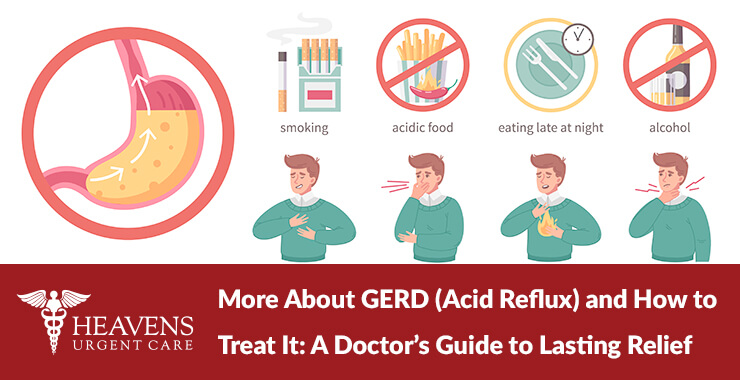When it comes to treating pain and inflammation, most people turn to over-the-counter medications like Ibuprofen and Acetaminophen. While both drugs are effective at relieving pain, it can be confusing to know which one to take. The fact is that Ibuprofen and Acetaminophen work in different ways and they have distinct differences in how they work and their potential side effects.
How Ibuprofen Works
Ibuprofen is a nonsteroidal anti-inflammatory drug (NSAID) that works by reducing hormones (prostaglandins) that cause pain and swelling in the body.
Ibuprofen is available as tablets, capsules, granules, and as a liquid that you swallow. It also comes as a gel, mousse and spray that you can rub into your skin.
If you’re taking tablets, capsules, granules, or liquid, take the lowest dose to control your pain for the shortest possible time. Do not take it for more than 10 days (or 3 days if you’re under 18) unless you’ve spoken to your doctor. Do not use the gel, mousse, or spray for more than 2 weeks without talking to your doctor.
Ibuprofen is typically used for period pain or toothache. Some people find ibuprofen better than Acetaminophen for back pain. It takes 20 to 30 minutes to work if you take it by mouth and 1 to 2 days to work if you put it on your skin.
Side Effects of Ibuprofen
These common side effects of ibuprofen taken by mouth happen in more than 1 in 100 people. There are things you can do to help cope with them:
- Headaches
- Feeling Dizzy
- Nausea and Vomiting
- Diarrhea
- Confusion
- Indigestion
- Flatulence
How Acetaminophen Works
Acetaminophen works by blocking the production of prostaglandins in the brain, which helps to lower fever and reduce pain but does not have anti-inflammatory effects.
Acetaminophen is commonly used for relieving mild to moderate pain from headaches, backaches, menstrual cramps, sore throats, toothaches, muscle pain, and to reduce fever. Acetaminophen may also be used to relieve the pain of osteoarthritis. Acetaminophen is part of a class of medications known as analgesics (pain relievers) and antipyretics (fever reducers). Acetaminophen works by changing the way the body senses pain and by cooling the body.
Acetaminophen can be taken as a tablet, chewable tablet, capsule, liquid, or a tablet that dissolves quickly in the mouth. This medication can be taken with or without food.
Side Effects of Acetaminophen
- Swelling of Face, Throat, Tongue, Lips, Eyes
- Swelling of Hands, Feet, Ankles, Calves
- Rash
- Itching or Hives
- Hoarseness
- Difficulty Breathing/Swallowing
- Red or Blistered Skin
Some side effects can be serious. If you experience any of the listed symptoms, stop taking acetaminophen and call your doctor or get quick emergency medical attention immediately.
Should I Take Ibuprofen or Acetaminophen?
When it comes to deciding which medication to use, it is important to think about the specific symptoms you are experiencing. If you are dealing with inflammation, such as swelling, redness, or heat, Ibuprofen may be a more effective option as it can help to reduce these symptoms.
However, if you are experiencing a fever or mild to moderate pain without inflammation, Acetaminophen may be a better choice.
It is also important to consider any underlying health conditions or medications you may be taking when choosing between Ibuprofen and Acetaminophen. Ibuprofen can irritate the stomach and increase the risk of ulcers and gastrointestinal bleeding, so individuals with a history of ulcers or gastrointestinal issues should use caution when taking this medication.
Acetaminophen, on the other hand, can be toxic to the liver in high doses, so individuals with liver disease or who consume alcohol regularly should avoid this medication or use it with caution.
According to Good Rx and the U.S. Food and Drug Administration (FDA), the maximum recommended dose of Ibuprofen for adults is 1200mg per day, while the maximum recommended dose of Acetaminophen is 3000-4000mg per day. Taking too much acetaminophen can cause liver damage that may require a liver transplant or cause death. Make sure that you do not accidentally take too much acetaminophen or Ibuprofen. Follow all directions on the prescription or OTC label carefully.
Wrapping Up
Both Ibuprofen and Acetaminophen are effective pain relievers. When deciding which medication to use, consider your symptoms, underlying health conditions, and medications you may be taking. Always follow the recommended dosage guidelines and consult with a healthcare provider if you have any concerns or questions about using these medications.
If you found this medical guide helpful, subscribe to the Heavens Urgent Care blog below for more just like it.







